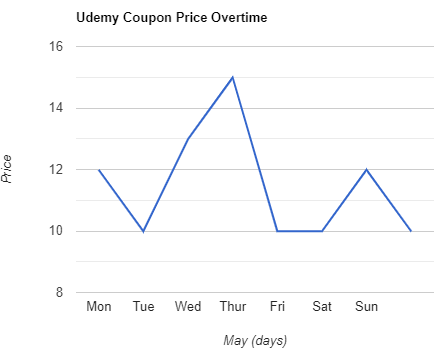Magnetics for Power Electronic Converters
Design modern switched-mode power converters; create high-performance control loops around power converters; understand efficiency, power density and cost trade-offsBy 2030, 80% of all electrical energy will be processed by power electronics. Professional advantages continue to grow for technical engineers who understand the fundamental principles and technical requirements of modern power conversion systems. This specialization covers design-oriented analysis, modeling and simulation techniques leading to practical engineering of high-performance power electronics systems.
Created by: Dr. Khurram Afridi
 Quality Score
Quality Score
Overall Score : 94 / 100
 Live Chat with CourseDuck's Co-Founder for Help
Live Chat with CourseDuck's Co-Founder for Help
 Course Description
Course Description
 Instructor Details
Instructor Details

- 4.7 Rating
 59 Reviews
59 Reviews
Dr. Khurram Afridi
Khurram Afridi is an Assistant Professor of Electrical, Computer and Energy Engineering at the University of Colorado (CU) Boulder. He received the BS degree in electrical engineering from Caltech (1989), and SM (1992) and PhD (1998) degrees in electrical engineering and computer science from MIT. His research interests are in power electronics and energy systems incorporating power electronic controls. Prior to joining CU Boulder he was a visiting faculty at MIT's EECS Department (2009-2013) and the Chief Operating Officer (2000-2010) and Chief Technology Officer (1997-2000) of Techlogix. He has also worked for JPL, Lutron, Philips, and Schlumberger. From 2004 to 2008 he led the development of LUMS School of Science and Engineering (SSE) as Project Director. He received the Carnation Merit Award from Caltech (1988), the BMW Scientific Award from BMW AG (1999), and the Werner-von-Siemens Chair for Power Electronics from LUMS SSE (2008). He is the Technical Program Committee (TPC) chair for the IEEE Wireless Power Transfer Conference (WPTC) 2015.





